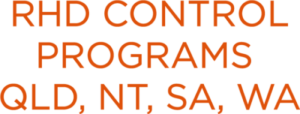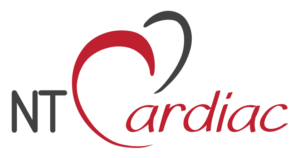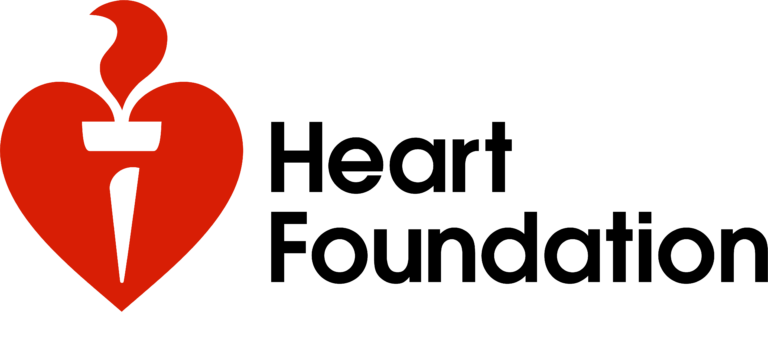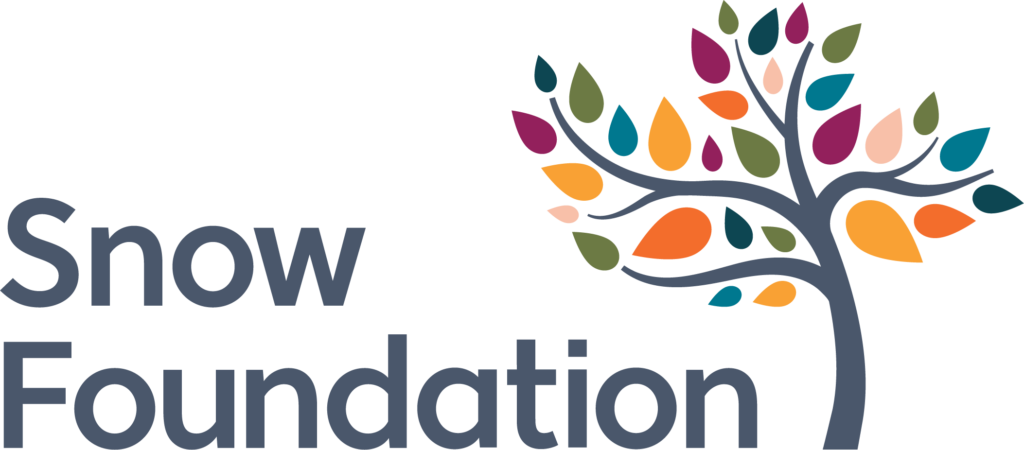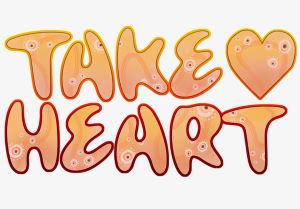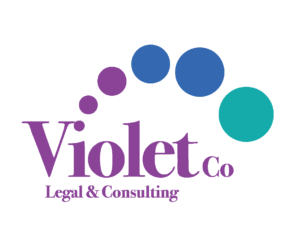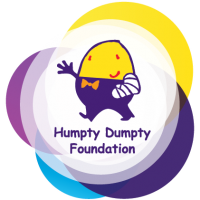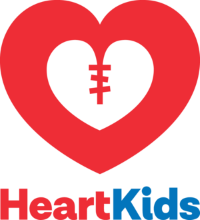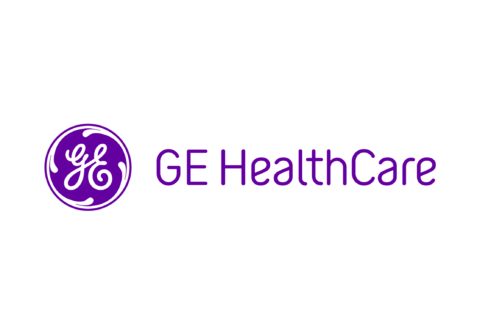What is Rheumatic Heart Disease (RHD)?
RHD is a preventable disease but if it’s not diagnosed or treated, it can cause heart failure, disability and even death. It starts with a sore throat or skin sore caused by Strep A bacteria and can permanently damage the heart valves.
The burden of RHD continues to grow in Aboriginal and Torres Strait Islander peoples in Australia and it’s destroying lives through ongoing injections, surgeries, death and the impacts of these deaths in communities.
How can it be eliminated?
There is a blueprint outlining exactly what needs to happen to both prevent people from developing RHD and to improve the quality of life of those living with it, called the RHD Endgame Strategy.
The Endgame Strategy Report clearly sets out the steps needed to eliminate this disease in Australia, with a focus on five priority action areas:
Aboriginal leadership, community-based programs, healthy environments, early prevention, care and support.
What’s needed now is funding and commitment to do the work on the ground to make ending this disease possible.
Why now?
We have an unprecedented opportunity to unite and act now to end RHD – with Aboriginal leadership, community demand, collective goodwill and the evidence base to support the work that can eradicate this disease.

